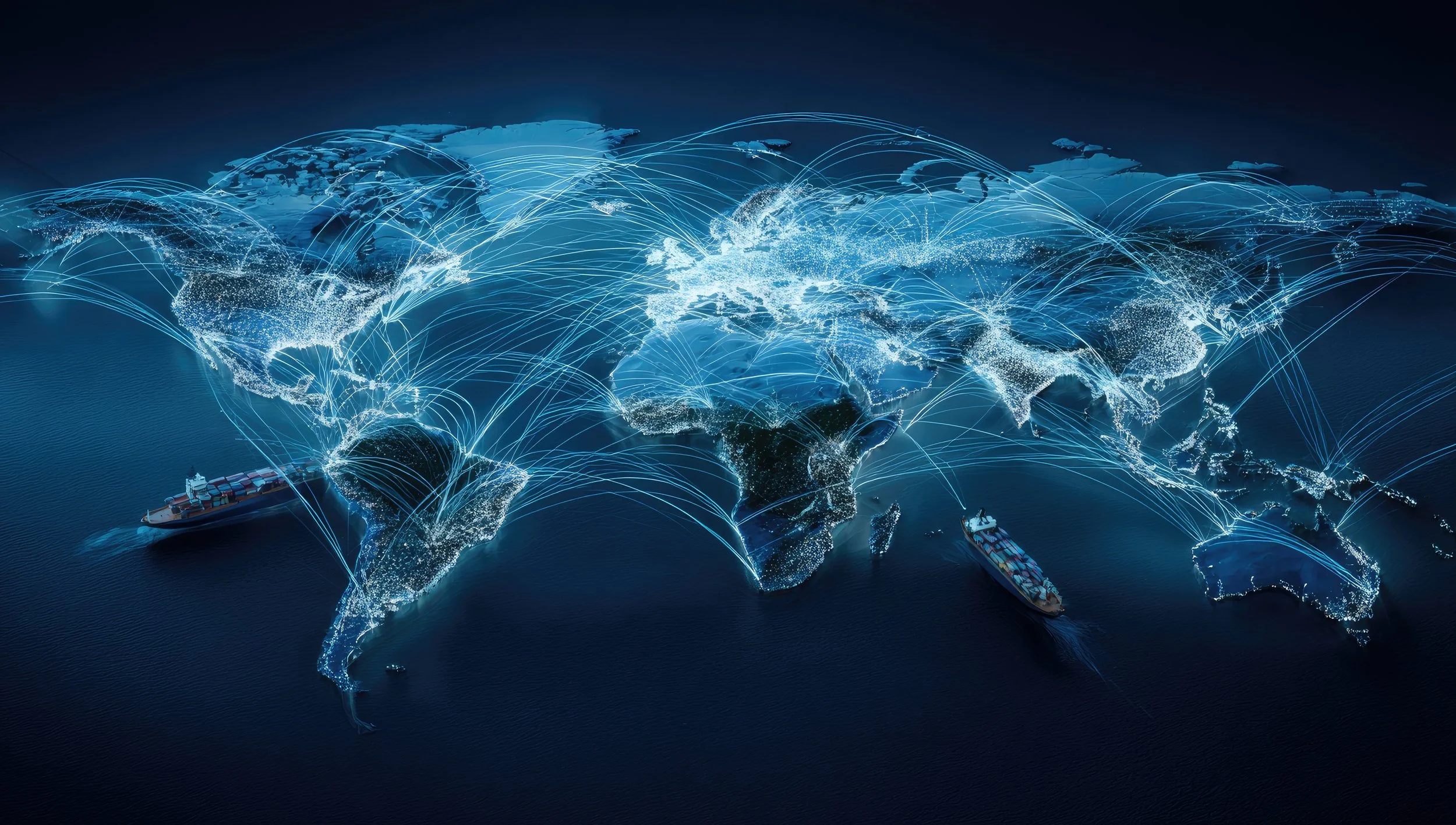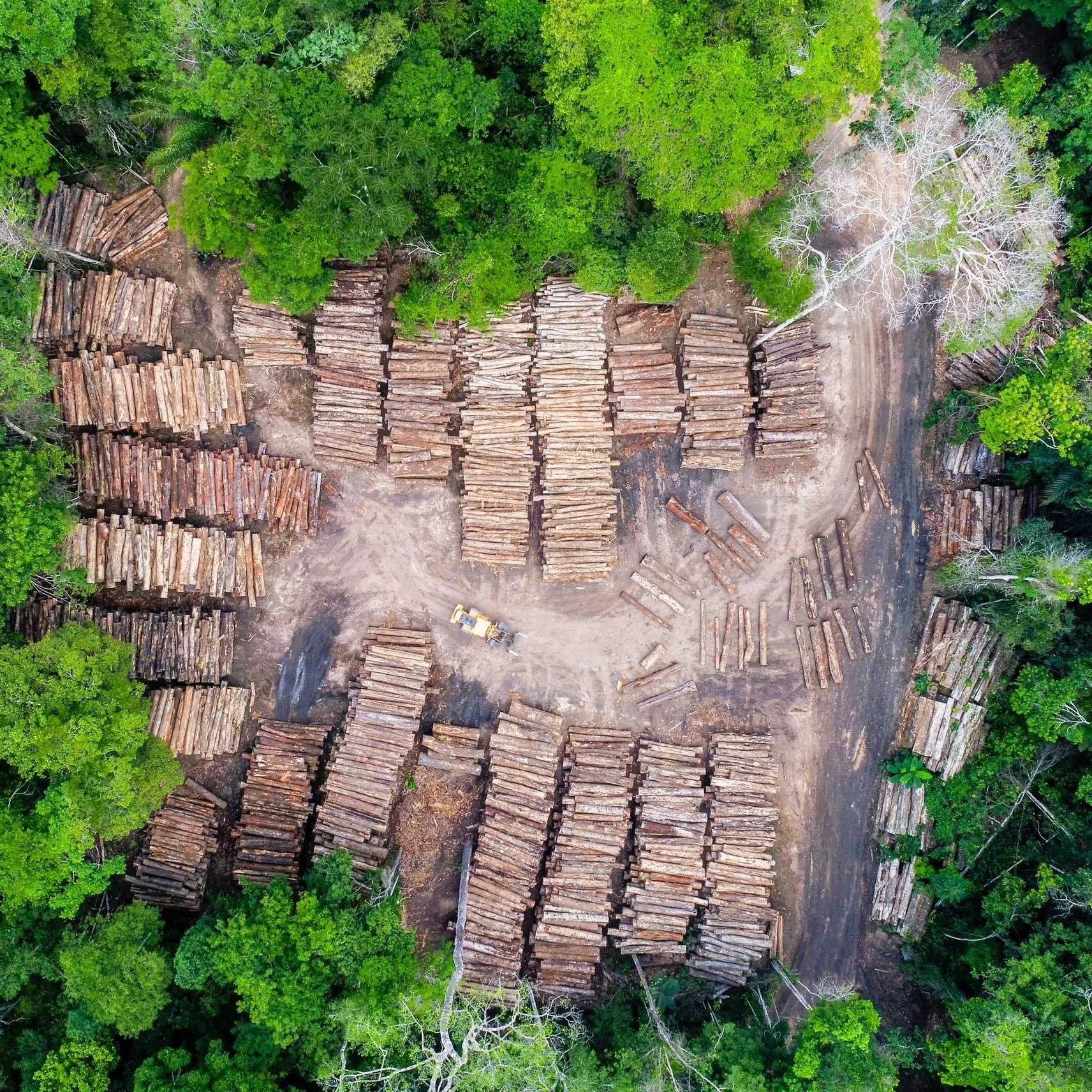PROJECTS
Here, you will find a one-stop-shop for each SOC ACE research project including publications, information about events and external engagement, media and contact details for researchers.
Port Politics: A service characteristics approach to countering organised crime
Seaports are among the most significant nodes in transnational criminal supply chains globally. The infrastructure and technical operations involved dictate the ease with which organised crime groups can exploit them. The political dynamics surrounding the sector and facilities are of key relevance to the ease of criminal penetration.
Criminal hands, state ends: State-sponsored assassinations using organised crime
This research project explores the relationship between governments and criminal organisations in the context of state-sponsored assassinations. The relationship has been researched in diverse academic disciplines, including criminology, international relations and intelligence studies.
Developing a red-flag taxonomy: A proof of concept for illicit trade
This project will test the feasibility and analytical value of a cross-domain Red-Flag Taxonomy through a small, comparative pilot across three areas of transnational crime: illegally traded commodities (such as tobacco and pharmaceuticals), human trafficking, and drugs.
Mapping Russian threat actors' business networks
Russia’s use of corporate, financial and legal structures to support covert activity has become an increasingly important aspect of hybrid threats facing the UK, Europe and partner states. This research will generate information that can be used by private sector actors (e.g. banks) for compliance purposes, such as client due diligence, as well as policymakers for identifying gaps in investment screening and sanctions.
Organised crime, exploitation of the environment and of Indigenous communities: linkages and responses
This evidence review explores the linkages between organised crime, the environment and the welfare of Indigenous communities, exposing the underlying complexities of these areas and creating a broader view of this landscape. Haider aims to uncover answers to key questions on these topics through this evidence research paper, informing more robust and effective interventions in the future.
Negotiating with criminal groups: Colombia’s Total Peace policy
This research results from the opportunity provided by the approval and implementation of the Total Peace policy in Colombia, a country that, despite the signature of a peace process in 2016, still has numerous armed and criminal groups inflicting significant violence onto the population. The Total Peace policy allows the government to negotiate with armed and criminal groups in order to reduce violence and protect life, providing a unique opportunity to conduct research on ongoing negotiations. This project aims to research the legal framework applied for the different types of engagement at the local and national level, the way in which criminal governance and the Total Peace policy interacts and identify the extent into which legal frameworks and local criminal governance structures shape negotiations with armed and criminal groups in Colombia.
Addressing organised crime through a transitional justice framework
This evidence review will explore the linkages between transitional justice, corruption and organised crime, pooling concepts and evidence to promote a shared narrative and framework for thinking about, discussing and addressing accountability and justice for human rights violations, corruption, and organised crime.
Exploring the threat of Chinese professional money laundering
Awareness has grown in recent years over the role that Chinese Professional Money Laundering Organisations (PMLOs) play in facilitating transnational crime and the threat that this poses to countries in the West. Whilst their rise can be seen to coincide with Chinese state decisions, such as its capital controls that prevent the free flow of money out of the country, there is little research on the potential links between Chinese PMLOs and the Chinese state, including on the question as to whether Chinese PMLO activity should be considered alongside other state threats. This research will, a) look into the evolution of the Chinese PMLO threat, comparing well-established operations in the US and Canada with more nascent operations seen in Europe, and b) explore their role in the context of Chinese state activity.
The centrality of the margins: Borderlands, illicit economies and uneven development
This research project examines how conflict-affected borderlands, like those between Myanmar and China, are intricately connected to development in metropolitan centres. It challenges the idea that these areas are marginalised due to a lack of integration. The project aims to inform strategies for addressing borderland economies and transnational crime.
Understanding State Threats
In the last decade, states have faced a rising tide of hostile activities from other states and their proxies, often referred to as ‘state threats’. In a series of SOC ACE-supported workshops in 2023, a taskforce of experienced experts and practitioners identified the need for a more nuanced definition of state threats. This project addresses the language used to discuss state threats or similar concepts (e.g., hybrid, greyzone), and, using a clearer conceptual framework, map out the current character of state threats.
The evolution of SOC and Development: Interactions in policy and practice
This research examines the evolution of thinking on SOC and development since 2011 and includes a policy review to understand how they’ve evolved as separate, and larger approaches. Key government officials engaged in the SOC-development policy debate since 2010 will be interviewed to identify government priorities to engage on the development/ SOC nexus, and the challenges that were faced at different times.
The Role of Financial Rewards for Whistleblowers in the Fight Against Economic Crime
This research analyses the impact of whistleblower reward programmes and scrutinises whether the concerns that have been raised regarding their implementation have eventuated in practice. Furthermore, it considers what factors have been shown to be necessary for such a scheme to operate as part of a wider strategy to increase the effectiveness of economic crime investigations and concludes with observations for policymakers considering the introduction of whistleblower rewards.
Smuggling along the new silk road: The role of Global Trade Hubs (GTH)
The project evaluates the role of Global Trade Hubs (GTH) along the maritime Silk Road in facilitating illicit activities, particularly smuggling, leveraging proven methods based on mirror trade statistics. By comparing these findings with existing assessments of illicit activities and flows, the project aims to provide insights into the potential risks associated with GTH involvement in illicit financial flows (IFFs).
Addressing police and military involvement in serious and organised crime
This reserach explores politically feasible security sector reform approaches to tackling serious organised crime, drawing on lessons of success from Georgia, Colombia and South Africa.
Power Brokers and Illicit Markets in the Frontiers: Balochistan, Borderlands and the Taliban
The project seeks to investigate how illicit markets shape and are shaped by the local political, power, patronage and frontier dynamics in Balochistan - the area spanning the frontier regions of three countries: Iran, Pakistan, and Afghanistan.
Information Manipulation and Organised Crime
Information manipulation has been a growing concern in recent years, particularly in relation to the disinformation tactics employed by authoritarian regimes. However, the role of non-state actors, such as organised crime (OC) groups, in information manipulation has been largely overlooked. This evidence review aims to fill this gap by examining the various ways in which OC groups manipulate information to achieve their objectives and those of actors connected to them. Drawing on Nicholas Barnes' concept of 'political criminality' as well as on Makarenko’s OC-terrorism nexus framework, this study examines the varying degrees of proximity between criminal actors and the state …
Developing government information and accountability systems for combating serious organised crime: Medellín demonstration project
Like most cities, the Medellín Mayor’s Office and the Colombian police focus their efforts on managing what they measure--homicides and violent crime. While of course there are legitimate reasons to tackle violence, there is relatively less attention to other deleterious effects of SOC: high levels of civilian extortion, criminal political control of civilians, criminal capture of local state and community governments, retail drug sales, and so forth. In addition to being costly in and of themselves, these actions also undermine the local control and legitimacy of the state. We believe that these harmful consequences are overlooked in part because they are not measured. We aim to demonstrate the feasibility of collecting a wide variety of metrics on SOC and establish the practice of collecting, monitoring, and using these metrics for policy analysis and program/policy design and evaluation.
Addressing organised crime and security sector reform (SSR) and governance: Linkages, processes, outcomes and challenges
The research project aims to deepen the evidence base on the connections between SSR/G and SOC – how they influence and impact one another, positively and adversely. It seeks to encourage collaboration across academic disciplines and professional silos, integrating SSR/G perspectives and programming into the fight against SOC and vice versa.
Illicit finance and Russian foreign policy: new dynamics and linkages
This project examines how Russia is using illicit financial flows (IFF) to support its military campaign against Ukraine and to further its wider foreign policy goals. The scale of Russian use of illicit financial networks has increased rapidly since February 2022. Unless effectively countered, Russia's use of financial and economic tools will give it an advantage in its war against Ukraine and may begin to pose a potential systemic threat to international financial and trading systems. The research seeks to conceptualise how Russia uses illicit finance in political interference and information campaigns around the world, and how these dynamics may be changing in the new context of the war in Ukraine.
Organised crime as irregular warfare: a framework for assessment and strategic response
This project applies lessons from irregular warfare to countering organized crime. Irregular warfare is often defined as a violent competition over legitimacy, and it subsumes the problems of terrorism, insurgency, and political instability. Phase 1 of this research project established the commonalities between organized crime and irregular warfare: their shared nature and the pitfalls relating to response. On this basis, Phase 2 presents a Framework for Analysis and Action originally designed for irregular warfare but adapted here to the context of organized crime. The Framework consists of two “parts”: the Strategic Estimate (which maps the problem, explores its drivers, frames, and strategies, and critiques the current response) and the Course of Action (which uses the Estimate to design an appropriate strategy, complete with a theory of success, phasing, assumptions, and metrics). In a third phase of this project, the modified framework will be tested through application to key cases.





















